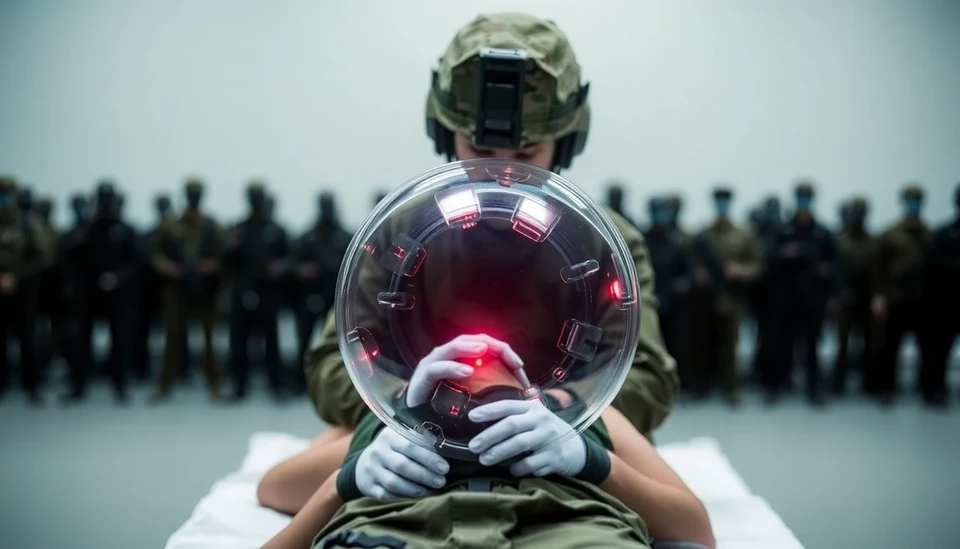
The United States has recently given the green light to a new medical device aimed at treating battlefield injuries, a decision that has raised significant concerns among health experts and former regulatory officials. The approval, granted by the Food and Drug Administration (FDA), comes despite warnings about the potential serious risks associated with the device.
This medical technology is designed to address acute traumatic injuries, which are prevalent in combat scenarios. Its intended use is to stabilize life-threatening conditions on the battlefield, thus improving survival chances for injured soldiers. However, former FDA reviewers, some of whom have voiced reservations about the device's safety and efficacy, argue that the approval process may have overlooked critical data regarding its risks.
The FDA's decision has sparked a heated debate within the healthcare and military communities. Critics have pointed out that while rapid advancements in medical technology can save lives, rushing to approve devices without thorough examination can pose additional risks to patients. These concerns are heightened by the fact that this device is intended for use in high-stress environments where complications could arise more easily.
Key figures from the medical and regulatory sectors have expressed alarm over the device's approval. They worry that insufficient testing and incomplete data on side effects could lead to significantly adverse outcomes for injured personnel. They argue that more comprehensive studies are essential before a medical device, especially one used in combat situations, is authorized for public use.
This development comes amidst broader discussions about the FDA's role and responsibilities in ensuring that medical devices meet high safety standards, particularly those that may be deployed in critical situations. As the military seeks to adopt the latest technologies to protect its personnel, the intersection of innovation and safety remains a contentious topic.
As the implications of this approval unfold, many are calling for greater scrutiny of the FDA's decision-making processes. Advocates for safer medical practices continue to insist on the importance of rigorous testing and transparent reporting to ensure that any device used on the battlefield delivers the intended benefits without compromising the health of those it aims to help.
In conclusion, while the quest for innovative solutions to save lives in combat is noble, it is imperative that the health risks associated with these technologies are carefully weighed against their potential benefits. The approval of this device may represent a significant advancement in military medicine, but it also highlights the need for vigilance and accountability in healthcare regulation.
#battlefield #medicine #device #safety #FDA #approval #risks #innovation #healthcare
Author: Victoria Adams




